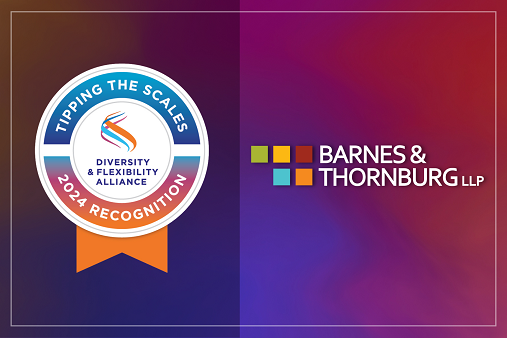While the EEOC is all but completely closed this week due to the federal government shutdown, that hasn’t stopped federal courts from issuing interesting rulings in EEOC employment discrimination cases. A quick roundup of a few recent cases of note:
1. The Circuit Court of Appeals this week issued a blow to EEOC when it addressed the extent to which an employer is responsible for offering a religious accommodation in EEOC v. Abercrombie & Fitch Stores, Inc. The appellate court held that the lawsuit failed because the job applicant, a Muslim who wore a headscarf, never informed the clothing retailer before its hiring decision of her need for an accommodation from the company’s dress code (known as its “Look Policy”) due to her religious beliefs. The appellate panel therefore reversed the lower court’s denial of summary judgment for Abercrombie and the district court’s granting of the EEOC’s cross motion for summary judgment. The Appellate Court noted that an applicant or employee could engage in dress or practices for cultural rather than religious reasons, and that the EEOC cautions employers not to ask questions about religion or make assumptions or stereotypes about what constitutes a religious practice. Thus, it was up to the applicant to raise the issue. The Appellate Court ordered that summary judgment be entered in favor of Abercrombie, effectively negating a trial verdict and award of $20,000 in damages. Whether the EEOC will take the case further – perhaps seeking en banc review or filing a petition for review at the U.S. Supreme Court – remains to be seen. 2. An en banc decision from a divided 5th Circuit Court of Appeals upheld a jury verdict in a same-sex sexual harassment case, EEOC v. Boh Brothers Construction Company LLC. The Appellate Court accepted the EEOC’s theory that male-on-male harassment based on gender stereotyping can be used to satisfy the “because of sex” requirement for a claim of sexual harassment under Title VII. In so ruling, the court determined that there was enough evidence to support the jury’s verdict in favor of the EEOC in a situation where an ironworker was subjected to numerous incidents of workplace harassment that the EEOC argued were due to his co-worker’s view that he was not a “manly enough man.” 3. Judicial review of EEOC’s conciliation process remains a hot-button issue. A District Court in Texas has determined that EEOC conciliation is fair game for judicial review, denying the EEOC’s partial motion for summary judgment as to an alleged failure to conciliation as a precondition to suit. The issue relates to alleged racial and national origin discrimination in hiring at Bass Pro Outdoor World. Although the court also was set to hear argument on October 8 on the employer/ defendant’s motion for summary judgment seeking dismissal of EEOC’s case for failure to conciliate in good faith, the court noted that it has postponed arguments while the current government shutdown remains pending (presumably because EEOC attorneys are not available to participate in arguments other than on an emergency basis during the shutdown). 4. And the EEOC’s charge investigation tactics came under fire from a federal magistrate judge in Georgia who refused the EEOC’s petition to enforce an EEOC subpoena for thousands of pages of documents in EEOC v. Home Nurse, Inc. The court criticized the EEOC for its “dogged pursuit of an investigation when it had no aggrieved person” for the class allegations in the Charge. For more details of the court’s castigation of EEOC’s actions, which included a raid on the employer’s premises in pursuit of documents, you can read the ruling here.












